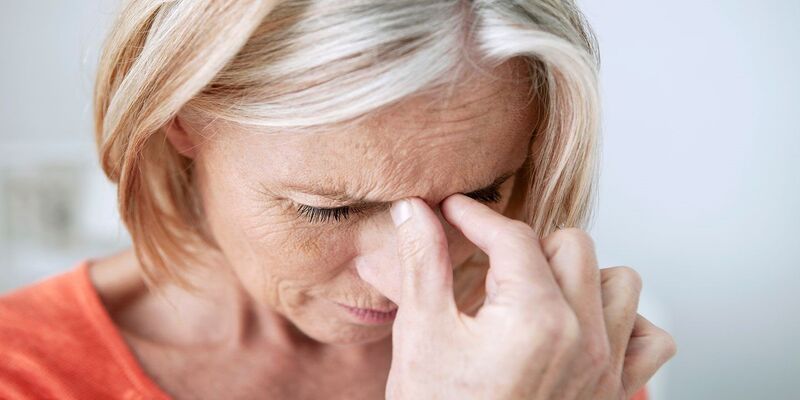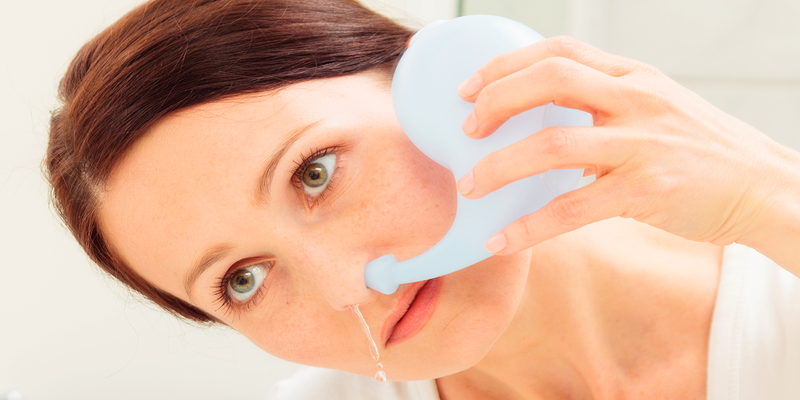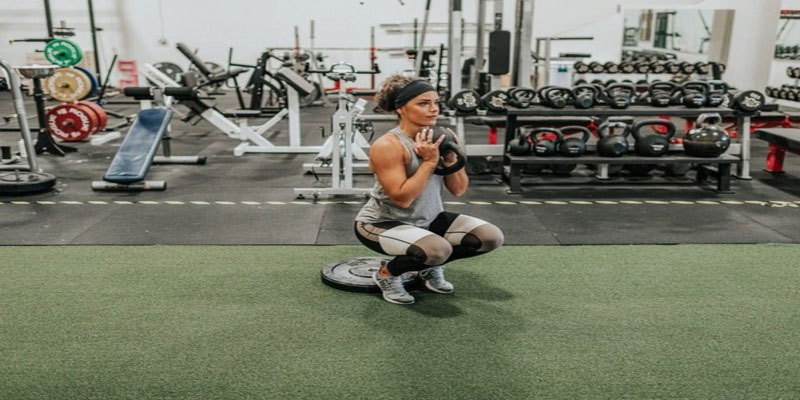
Sinus pressure often originates from nasal canal inflammation. It is possible for the pain and discomfort to spread to the head, face, and neck, and it may occur in conjunction with other symptoms including such stuffiness, difficulty breathing, and headaches. The pain and discomfort may spread to the face and head as well. You may do various things to help reduce the pressure in your sinuses and alleviate your pain. Simple lifestyle adjustments, over-the-counter drugs, and alternative treatments are available for reducing sinus pressure and enhancing respiratory health. In this piece, we'll go over some of the best methods for alleviating sinus pressure, allowing you to take deeper breaths and generally better enjoy your life. You should see a doctor if your symptoms don't improve or worsen.
"Effective Tips For Sinus Pressure Relief"
Sinus pressure is a common ailment caused by inflammation of the nasal passages. It can lead to pain and discomfort in the face, head, and neck and cause congestion, difficulty breathing, and even headaches. The good news is that there are many things you can do to relieve sinus pressure and find some relief. Here are some effective tips for sinus pressure relief:
Stay Hydrated:
Drinking plenty of water can help to thin out mucus, making it easier to blow your nose and relieve congestion. Aim for at least eight glasses of water daily, and consider drinking warm liquids, such as tea or soup, to help moisturize your nasal passages.
Use A Humidifier:
A humidifier can help supply moisture to the air, which can help lessen the congestion and pain associated with sinus problems. Dry air can worsen sinus symptoms, so a humidifier can help alleviate these symptoms.
Steam Inhalation:
Steam inhalation can help to open up the nasal passages and relieve congestion. You can do this by filling a bowl with hot water and leaning over it with a towel over your head to trap the steam. Breathe in the steam through your nose for a few minutes.
Nasal Irrigation:

Nasal irrigation is a technique that involves rinsing out the nasal passages with a saline solution to remove mucus, allergens, and other irritants. You can do this with a neti pot or a saline nasal spray.
Over-The-Counter Medications:
Over-the-counter medications such as decongestants, antihistamines, and pain relievers can help to relieve sinus pressure and pain. Be sure to read the label and follow the instructions carefully. Consult your doctor before using these medications if you have any medical conditions or are taking any other medications.
Nasal Sprays:
Nasal sprays such as saline sprays can help to moisturize the nasal passages and relieve congestion. Some nasal sprays can also help to reduce inflammation and swelling in the nasal passages.
Avoid Triggers:
If you know what triggers your sinus problems, such as allergens or irritants, try to avoid them as much as possible. This may include cigarette smoke, strong perfumes, and air pollution.
Get Enough Sleep And Rest:
Getting enough sleep and rest can help to boost your immune system and reduce inflammation, which can help to relieve sinus pressure and other symptoms.
Yoga And Deep Breathing:
Yoga and other practices that focus on deep breathing can help improve overall respiratory health by lowering stress and opening up nasal passages, in addition to positively affecting the ability to breathe more easily.
Acupuncture:
Acupuncture is a traditional Chinese medicine technique that involves the insertion of thin needles into specific points of the body. This can help to reduce inflammation and improve overall respiratory health.
Conclusion
In conclusion, sinus pressure can be a frustrating and uncomfortable condition, but there are many things you can do to find relief. Staying hydrated, using a humidifier, steam inhalation, nasal irrigation, over-the-counter medications, nasal sprays, avoiding triggers, getting enough sleep and rest, yoga and deep breathing, and acupuncture can all help to relieve sinus pressure and other symptoms. It's important to note that while these tips may provide relief, they are not a substitute for proper medical treatment. You should get medical treatment if your symptoms continue or become worse, or if you have additional symptoms such as a fever, a strong headache, or trouble breathing. In addition, you should see a doctor if you have any of these symptoms. If your symptoms do not improve or become any worse, you should definitely make an appointment with a medical professional.



